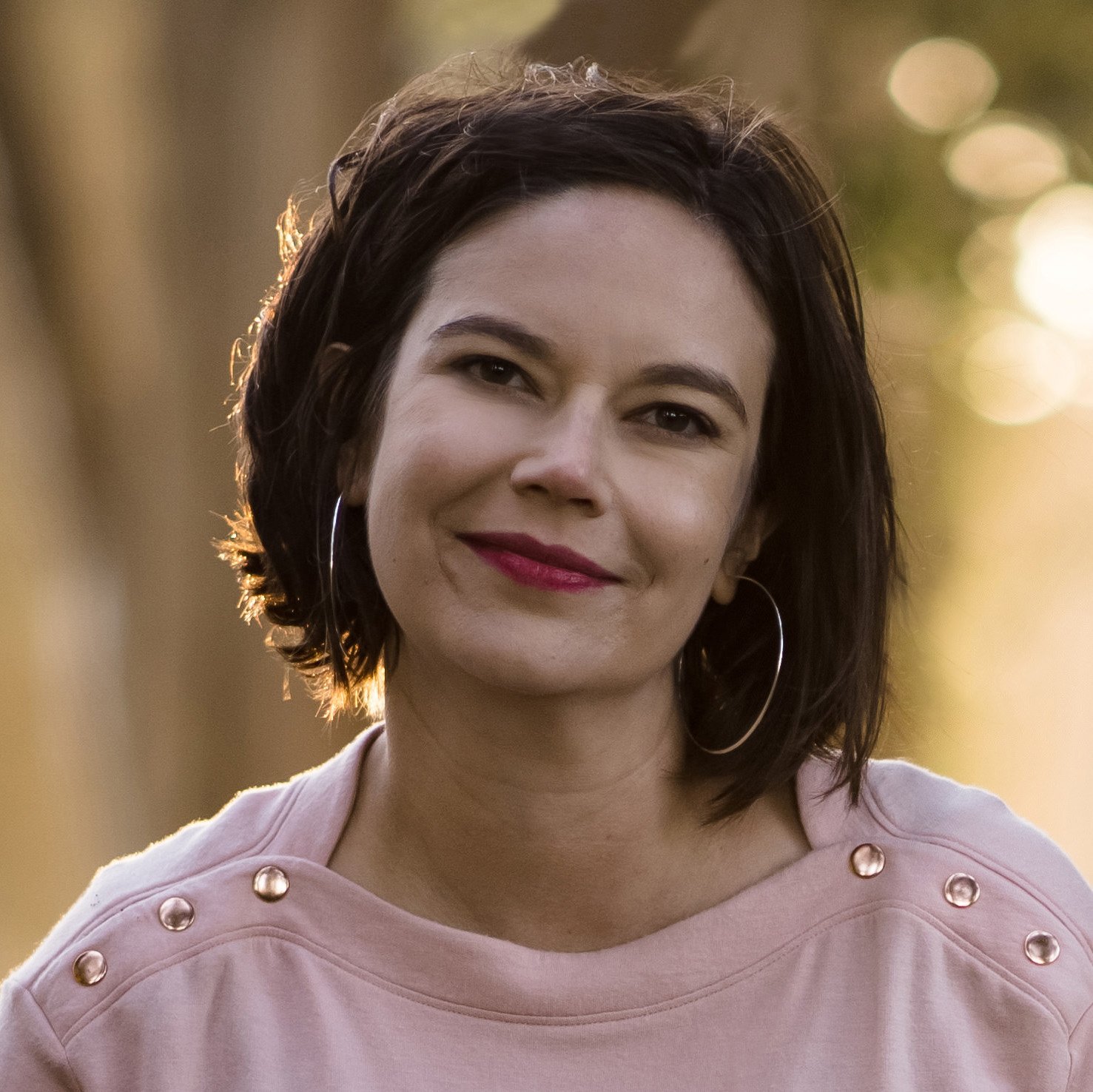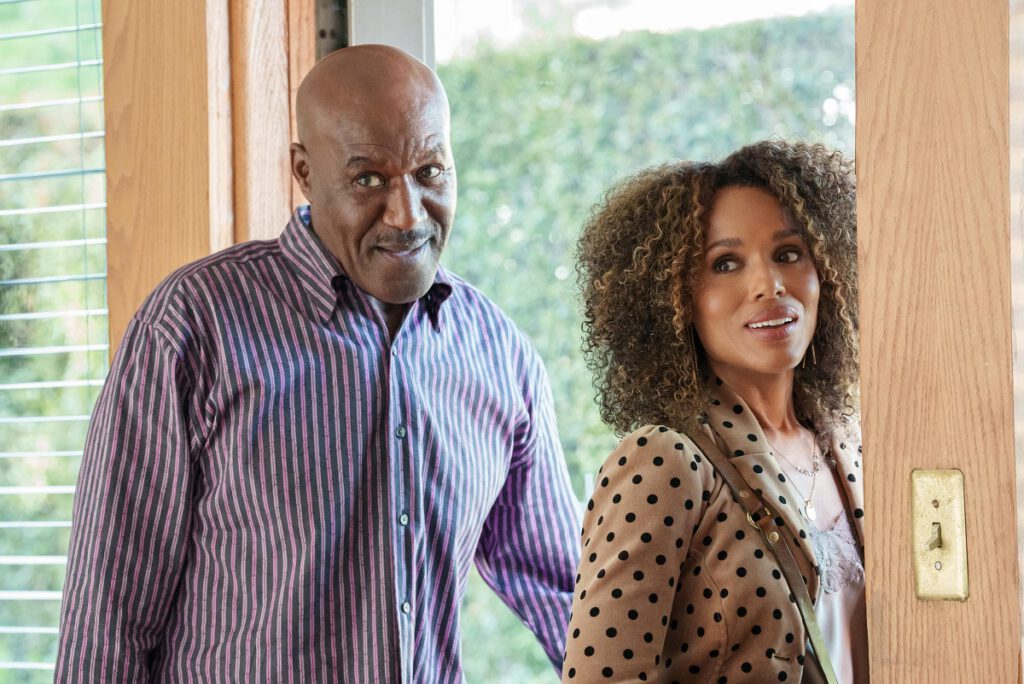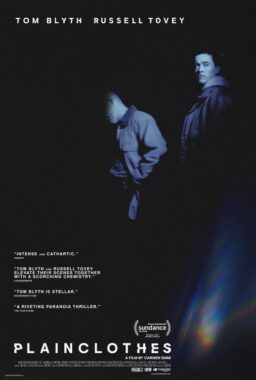“UnPrisoned,” the Hulu comedy starring Kerry Washington and Delroy Lindo, is based on creator Tracy McMillan’s own experience as a woman confronting old wounds when her father is released after 17 years in prison. That premise may sound about as funny as “The Wire,” but “UnPrisoned” is a true comedy even as it deals with the injustices Black people face daily.
The show achieves this effect thanks to the signature outlook of creator McMillan and, therefore, its version of her as Paige Alexander (Washington). In some ways, Paige is a mess—she denies the (lack of) seriousness of her relationship with Bill (Tim Daly). She’s raising a Black son named Finn (Faly Rakotohavana) but hasn’t managed to teach him much about his identity. She hasn’t even shared the basics of her background with her coworkers.
But Paige finds humor in almost everything and has used this skill to “overcome,” as other characters regularly remind her. She’s a successful therapist who recognizes her weak spots, even or especially when she’s not able to fix them. She buys and makes her own beautiful home. And she loves her circle fiercely—as perhaps only a person who’s been continuously abandoned can.
“UnPrisoned” focuses on the adult Paige, but, being a show rooted in therapy, her childhood self (Jordyn McIntosh) also appears. As the two Paiges converse, we learn that their father, Edwin (Lindo), was in and out of prison, and her mother was a sex worker and an alcoholic who abandoned her shortly after birth. Paige spent her childhood bouncing between foster homes and her dad’s main girlfriend (Brenda Strong), with whom Paige remains decidedly angry for failing to give consistent age-appropriate care.

Enter Lindo as the wayward and charming father Edwin. His presence may seem poised to blow up Paige’s life—becoming a negative influence on her son and causing all her old trust issues to surface, but it doesn’t. Instead, Edwin helps Finn out of his social shell. And Paige’s trust issues appear to be ever-present for her, whether Edwin’s around or not.
The man is not a hardened criminal. He wants to straighten out his life, but every way he turns, the system makes it nearly impossible for him. The job he gets as a chef is revoked before he can even start, thanks to his ex-con status. The next one he gets that’s specifically for ex-cons is exploitative and dehumanizing. He can’t get a driver’s license because he doesn’t have his birth certificate. And he can’t get a copy of his birth certificate because he doesn’t have a driver’s license.
But Edwin is charming, quickly winning over his grandson Finn and his eventual ice cream shop customers. And he’s wise, dropping truth bombs on Paige at a somewhat alarming frequency. This dynamic gives both seasoned lead actors a chance to stretch their performance muscles. Washington toggles between playful and wounded, her eyes an ever-changing canvas, while Lindo excels as a charming man, full of swagger, vulnerability, and wisdom. The combination is intoxicating, even if the script sometimes leans into overly pat moments of revelation.

“UnPrisoned” takes the problems of its protagonists seriously, distinguishing itself from other comedies. And compared to other shows about how the Black community interacts with the prison industrial complex, it is willing to show that oppression cannot define the entirety of a human being’s existence.
Indeed, “UnPrisoned” is unflinching about the high frequency of injustice leveled at Black people. Regarding a familial origin story, we learn that as a young boy, Edwin and his family had to flee Alabama because of white violence. The characters live in current-day Minneapolis, haunted by the state’s murder of George Floyd, particularly when Edwin and Finn get pulled over by the police.
But the Alexanders are not defined by victimhood. Yes, they are shaped by and continue to regularly face oppressive systems, but they find ways to maneuver. By dramatizing both the systemic barriers and the ability of people to resist them, “UnPrisoned” achieves what few shows do—showing both the importance and limitations of personal agency.
Oh, and it’s funny too.
“UnPrisoned” premieres on Hulu on March 10th.












